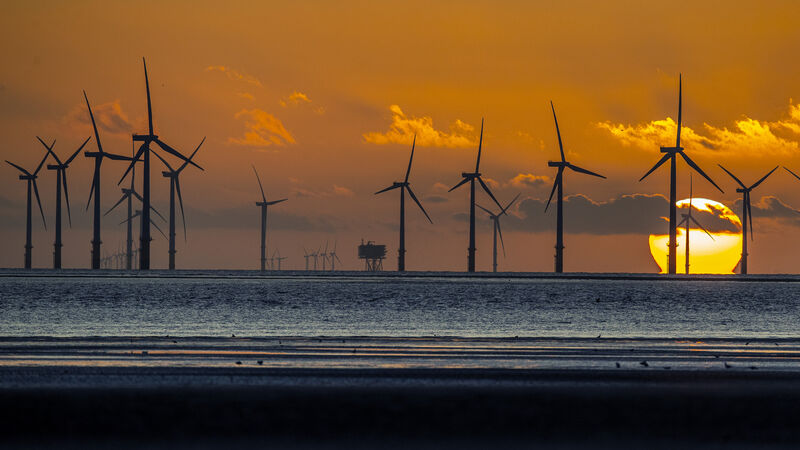Women more affected by climate decisions but less involved

The EU is embarking on what is called the Green Deal — aggressively cutting emissions across the bloc in the face of the climate crisis.
Women are far less involved in decision-making around environmental policy throughout the EU, despite being disproportionately affected by the changes that are being brought in during the so-called 'just transition'.
That is one of the findings of major new research by EU institutions mapping the socioeconomic impacts of sustainable development, as the climate crisis brings waves of new green policy into sharp focus.










